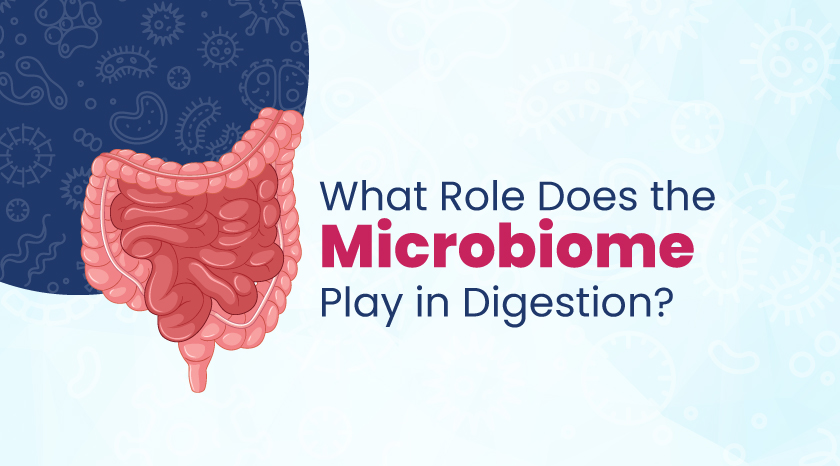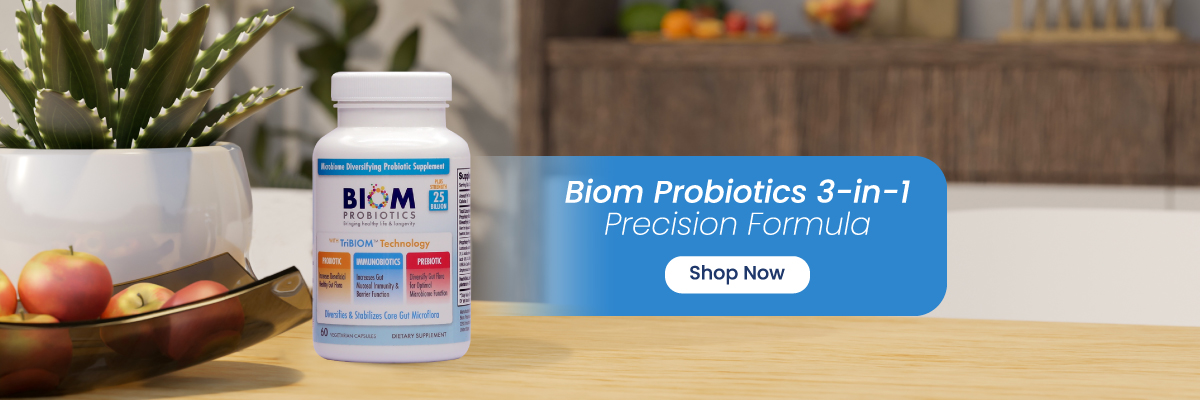The human gut microbiome is a complex community of trillions of microorganisms, including bacteria, fungi, viruses, and other microbes. These microorganisms play a crucial role in maintaining overall health, particularly in the digestive system. The gut microbiome is essential for various digestive processes, influencing everything from nutrient absorption to immune function. Understanding the role of the microbiome in digestion can help us appreciate its significance in maintaining a healthy body.
Breakdown of Complex Carbohydrates
One of the primary functions of the gut microbiome is to break down complex carbohydrates that the human digestive system cannot process on its own. These complex carbohydrates include dietary fibers and resistant starches. The microbiome ferments these fibers, producing short-chain fatty acids (SCFAs) like acetate, propionate, and butyrate. These SCFAs serve as an energy source for the cells lining the colon and have various health benefits, including anti-inflammatory properties.
Synthesis of Vitamins and Nutrients
The gut microbiome is involved in the synthesis of several essential vitamins and nutrients that are crucial for health. For instance, certain gut bacteria produce vitamin K, which is vital for blood clotting, and B vitamins, which are important for energy production and brain function. The microbiome also assists in the absorption of minerals such as magnesium, calcium, and iron.
Immune System Support
A healthy gut microbiome plays a significant role in supporting the immune system. The gut-associated lymphoid tissue (GALT) is home to a large portion of the body’s immune cells. The microbiome interacts with these immune cells, helping to regulate immune responses and protect against pathogens. By maintaining a balanced gut microbiome, the body is better equipped to fight infections and reduce inflammation.
Regulation of Gut Motility
The gut microbiome influences gut motility, which is the contraction of the muscles in the gastrointestinal tract that move food through the digestive system. Certain gut bacteria produce neurotransmitters and other compounds that can affect the muscles of the gut, thereby regulating bowel movements and preventing disorders such as constipation and diarrhea.
Protection Against Harmful Bacteria
The gut microbiome helps protect the digestive system from harmful bacteria and other pathogens. Beneficial gut bacteria compete with pathogenic microbes for nutrients and attachment sites in the gut lining, thereby preventing infections. They also produce antimicrobial compounds that inhibit the growth of harmful bacteria.
BIOM’s 3-in-1 formula is a comprehensive solution designed to enhance gut health through a synergistic blend of probiotics, prebiotics, and postbiotics. This innovative supplement supports the growth of beneficial bacteria in the gut, promotes a balanced microbiome, and aids in efficient nutrient absorption. The inclusion of probiotics helps replenish and maintain healthy bacterial colonies, while prebiotics serve as nourishment for these beneficial microbes, ensuring their proliferation. Postbiotics, the metabolic byproducts of probiotics, further enhance gut health by improving the gut barrier function and reducing inflammation. Together, these components work harmoniously to optimize digestive health, boost immune function, and enhance overall well-being. With BIOM’s 3-in-1, you can achieve a healthier gut and improved quality of life.





